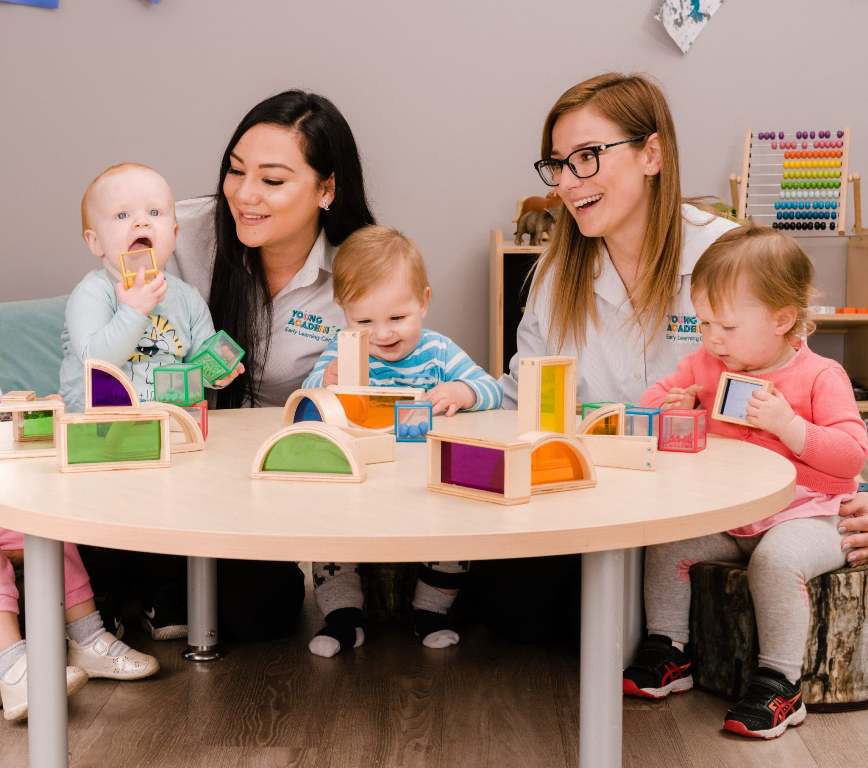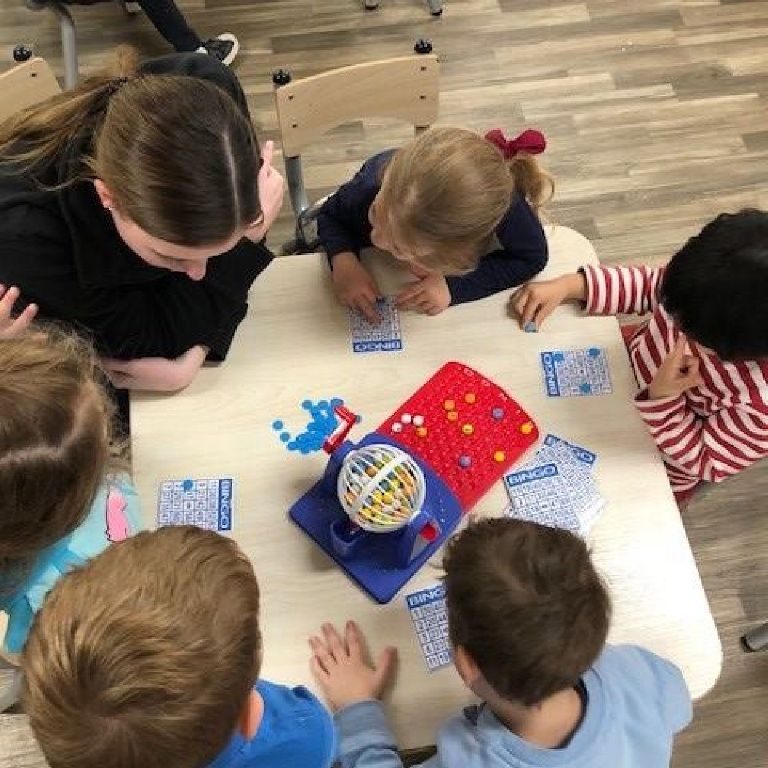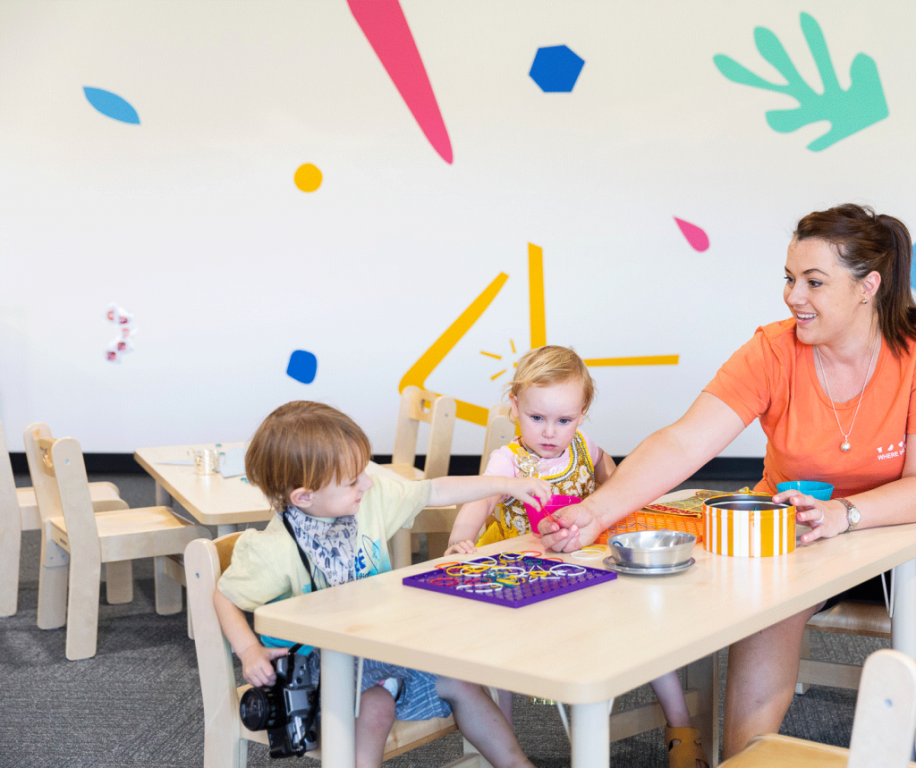Early childhood is a vital stage in the life of an individual, especially in the aspects of intellectual, psychosocial, emotional, and physical development. During early childhood, mental and physical development occurs at an astonishing pace, which is why it is of utmost importance for children to receive high-quality education during this period; early learning centres provide a solution to this.
What is an Early Learning Centre?
According to an article by New Zealand’s Ministry of Education, an early learning centre is a premise that is used for the education or care of 3 or more children under the age of 6 years old.
UNESCO highlights the importance of early childhood care and education (ECCE) on their website, as it aims to develop a child’s social, cognitive, physical, and emotional needs to build a strong foundation for lasting education and well-being.

Early learning centres offer programs that help in maximising a child’s potential, which include some of the following:
Development of Mathematical Skills
Learning mathematics is an integral part of a child’s education; this is because having mathematical sense helps in developing calculation skills, reasoning abilities, and critical thinking.
Learning math at an early age helps a child grasp the concept of numbers and helps them see the relevance of it, making them appreciate it more.
Also, a child with a developed mathematical sense won’t have any difficulty and fears with math as a subject when they start formal schooling, which leads them to have confidence in their skills and abilities.
Improvement of Photographic Memory
According to an article by Brain Facts, a person with a photographic memory can recall visual information in great detail with ease. Photographic memory is a form of taking mental snapshots of visual information to be called upon when necessary. Enrolling your child in an early learning centre develops this ability.
Early learning centres have numerous activities aimed at developing the innate ability of photographic memory, such as drawing and recalling activities.
Having a photographic memory is helpful because it enables children to memorise information within a short period, a skill that will genuinely benefit them when they reach formal schooling.
Also, a child that has a developed photographic memory can remember information much longer. This is undoubtedly helpful, especially when they are taking examinations or tests in school.
Advancement of Problem-solving Skills
As children grow older, they will be exposed to numerous opportunities in life that could be coupled with problems and obstacles. Without the proper skill set, they won’t be able to face these problems, hindering the opportunity for growth. This is why problem-solving skills are incredibly invaluable.

Children with developed problem-solving skills also have excellent critical thinking skills, perseverance, open-mindedness, and insight. A child equipped with this skill set will no longer avoid tough situations; instead, they will be able to analyse problems and apply the appropriate solutions.
What to Look for in an Early Learning Centre?
It is of the utmost importance that you choose a learning centre that is run by competent professionals and individuals. This is to ensure that they have the proper training and sufficient skills to be able to help your child.
A learning centre needs to have a carefully structured curriculum, so you rest assured that your child will be receiving appropriate educational content that matches his or her age level.
Enrolling your child in a learning centre will undoubtedly give him or her beautiful experiences that will develop numerous aspects of his or her life. Maximise your child’s potential by finding an early learning centre today!

